An extensive study shows that the fragile Arctic landscape is changing right before our eyes. While we cannot stop the transformation, we can mitigate its effects if we reduce greenhouse gas emissions and slow climate change.
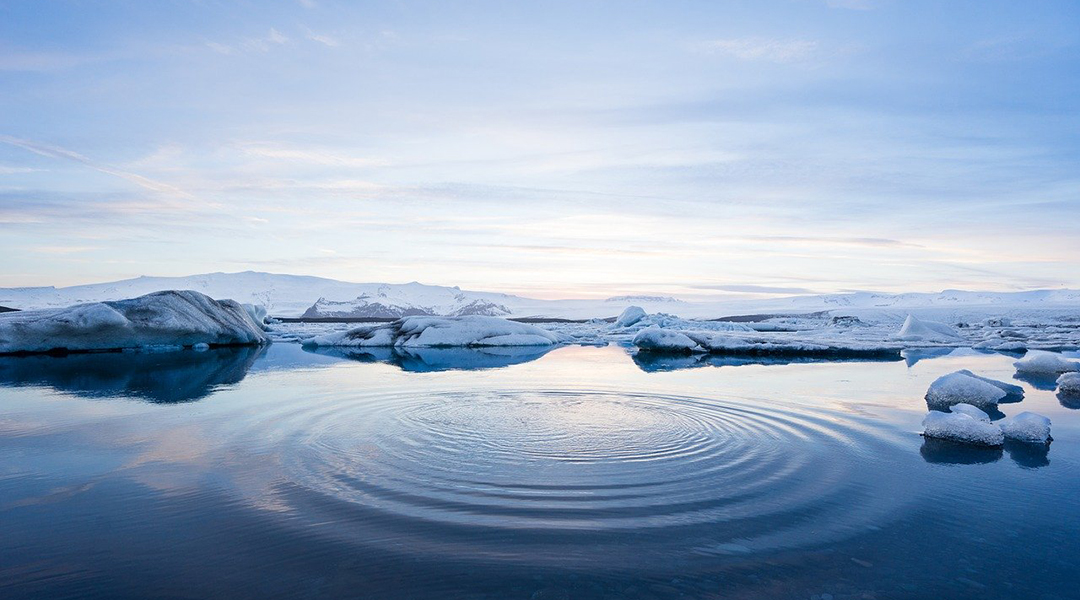

An extensive study shows that the fragile Arctic landscape is changing right before our eyes. While we cannot stop the transformation, we can mitigate its effects if we reduce greenhouse gas emissions and slow climate change.

Unless growth in plastic production and use is halted, a fundamental transformation of the plastic economy to a framework based on recycling is essential.

Researchers have increased the efficiency of compressed air cars with the aid of phase change materials for heat recovery, making them a viable carbon-free alternative for future passenger cars.

Spread of the giant Asian hornet (Vespa mandarinia) in the USA threatens honeybee colonies, and new analysis assesses the possible impact.
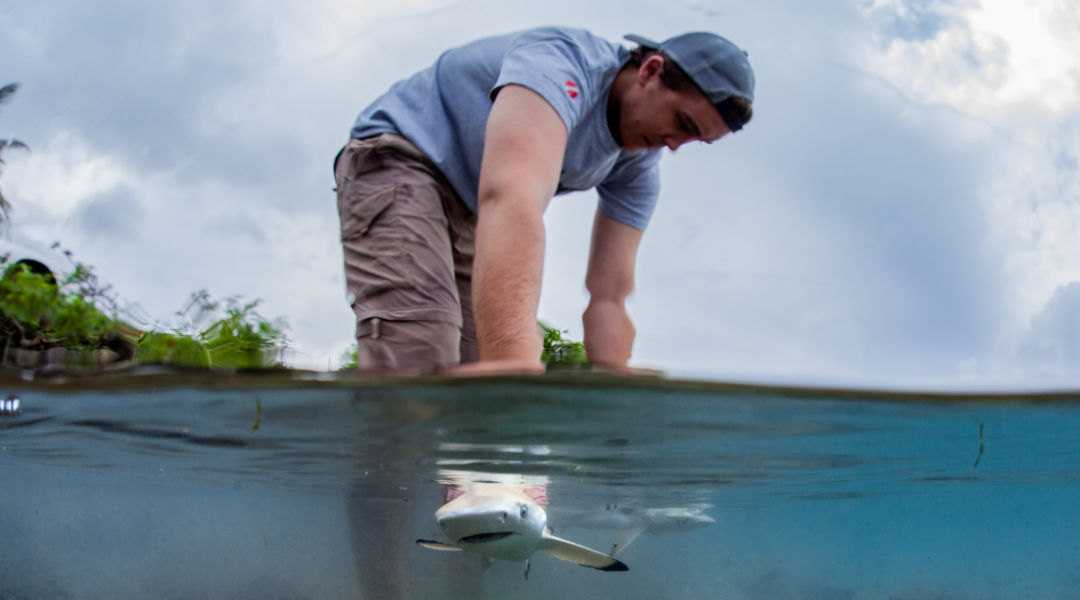
Marine biologist Ian Bouyoucos investigated blacktip reef sharks in French Polynesia. In this interview, he reveals that not everything in this paradise is as it should be thanks to climate change.

The amount of carbon dioxide produced by industrial point sources is far larger than the current demand for carbon capture and utilization.
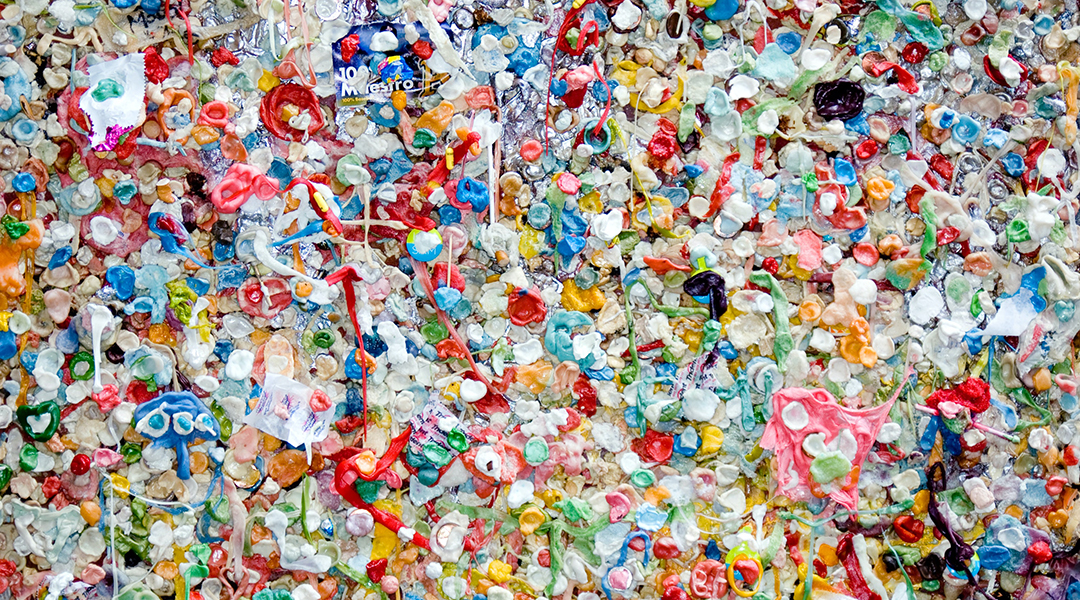
A new study is the first to examine micro- and nanoplastic occurrence in human organs, providing the first clues on potential exposure sources and routes.

As hydropower projects are built across the Himalayan region, recognizing the temporal politics inherent to hydropower development will become increasingly critical.
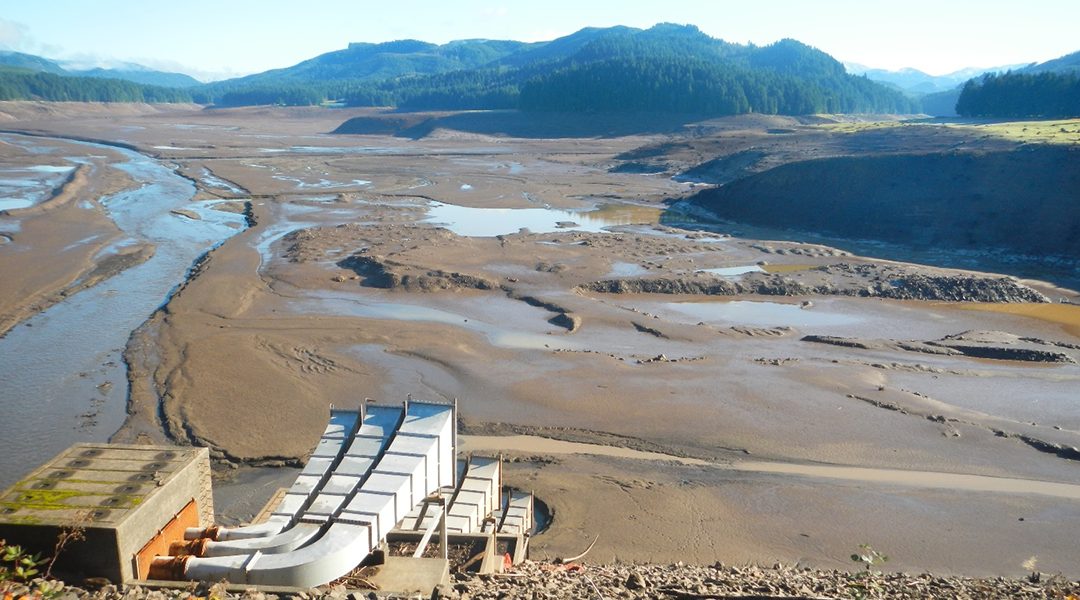
Scientists need a new way to manage the increasing number of invasive species that cannot be stopped.
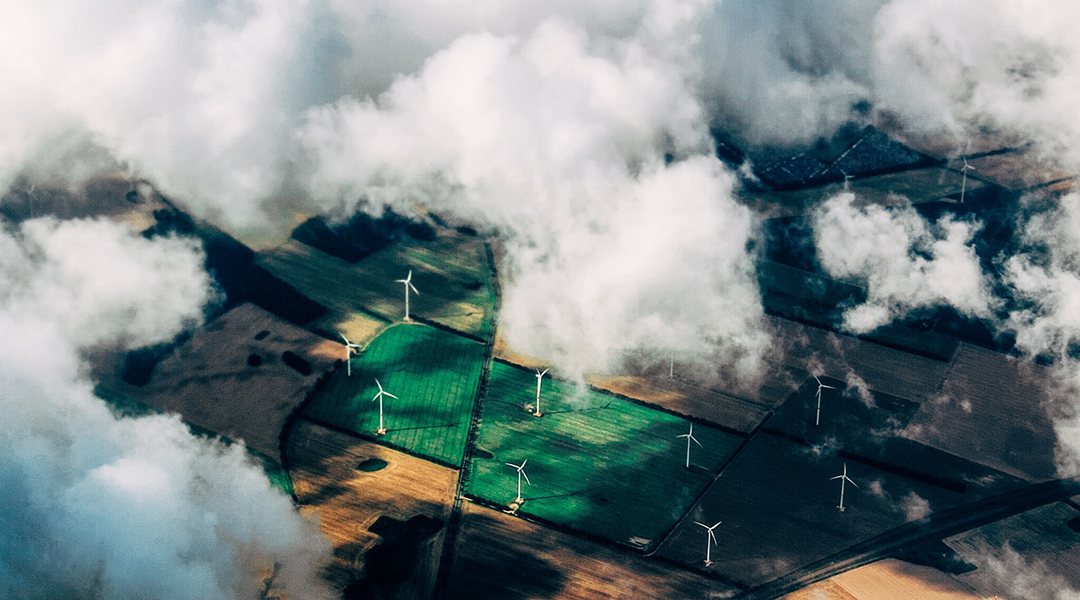
Growing momentum for decentralized climate policy and the falling costs of low‐carbon technologies are creating new climate change mitigation opportunities for subnational actors.